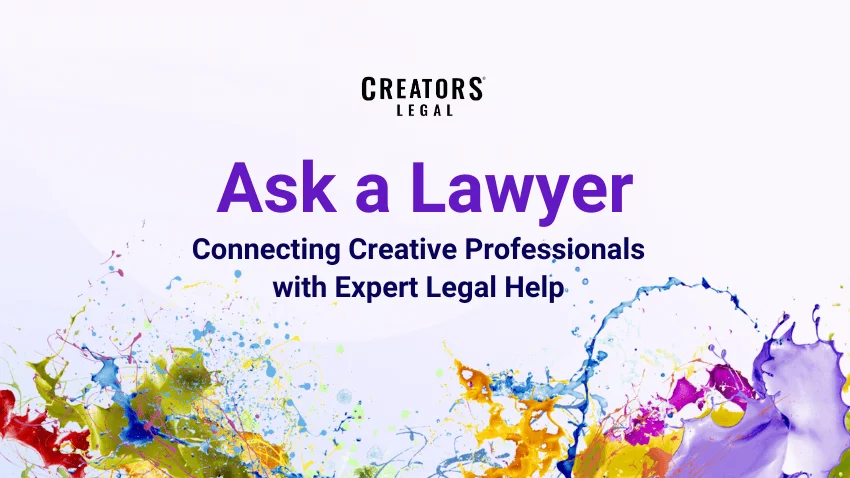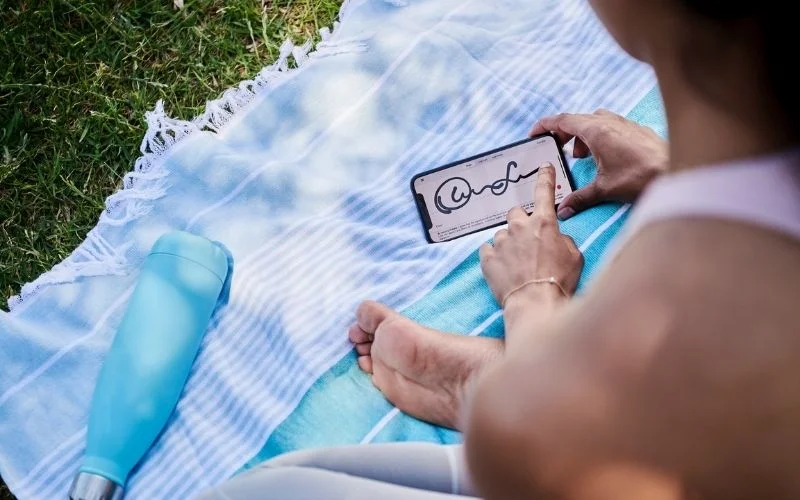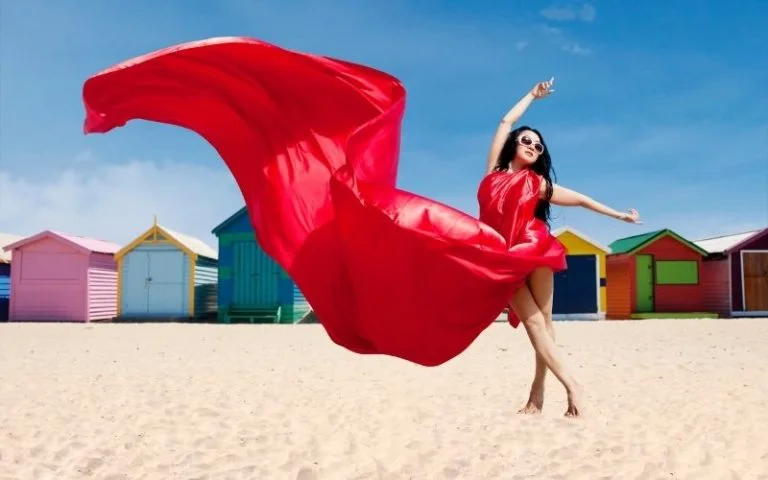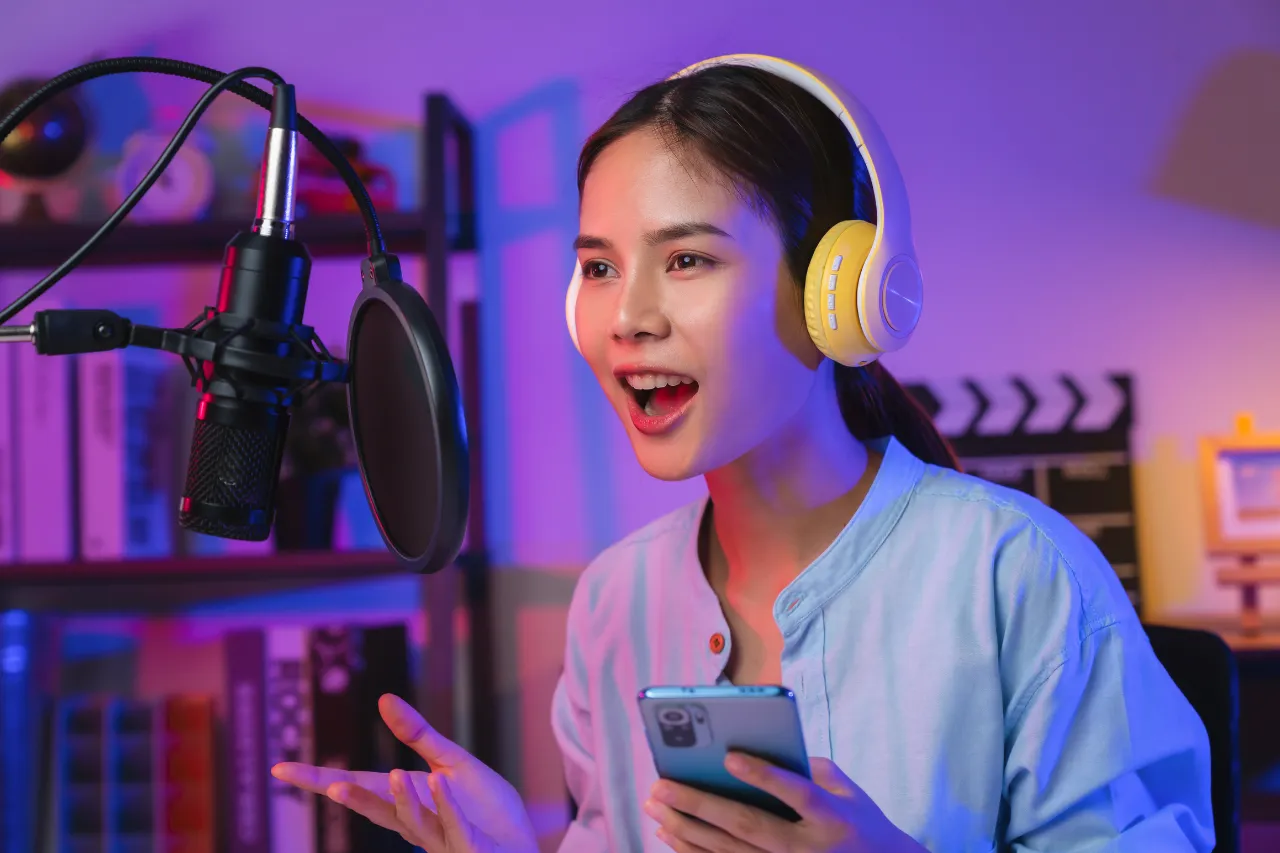Music is a crucial part of creating podcast content. It enhances the podcast experience by creating a mood. Although many tracks are available online, it is a content creator’s responsibility to find the best soundtrack that serves the content the best.
However, by law, all copyrighted music falls under intellectual property. If you’re a content creator wanting to use a particular track for your work, you might need to ask permission or rights to use or synchronize it into the recorded program. Regardless of music use, you will still need permission from the people who created or own the music.
The Importance of Music Licensing
A music license is the “protection and permission” for the original work. It is all about creating an agreement between the musicians—the original creator and the party asking permission to use it. The license allows access to the content requested and protected the content’s unauthorized use.
Music Publishers have the power to grant rights or clearances to use the music they own in productions. Meanwhile, for podcasts, you might want to ensure that you have access to a few primary rights—synchronization rights and master rights.
Synchronization Rights
A synchronization license is an agreement between a music user and the owner of a copyrighted composition, granting permission to release the song in a video format (YouTube, DVD, Blu-Ray discs). Also called sync rights, content creators need to secure it no matter how short or small a portion of the song is used. Meanwhile, if the creator used a medley, every piece part of the medley should have a separate synchronization right.
Since synchronization rights only apply for video formats, unless you’re planning to release the podcast in video format on video streaming platforms, then you might not need to secure sync rights. However, you might need a mechanical license—an audio-only license.
Mechanical Rights
The same rules apply to mechanical rights. However, in this license, the music appears in an audio-only format, such as podcasts. If you’re planning to release a podcast in the public domain while containing a portion of a song you do not own, you will need to secure a mechanical license. The license also applies to CDs, digital downloads, and interactive audio streams.
Master Rights
Meanwhile, the master rights come from the master record, or the original recording used to reproduce a song for commercial use. To publish a piece, you might need master rights if you produced or recorded the music involved.
>However, if you’re using a piece you did not write, produce, or compose, you will need to secure written approval from the producer to allow redistribution.
Ask About Indemnity Clauses
Copyright infringement is a big issue in the music industry. Regardless of your popularity in music, everyone who uses music without permission can become subject to copyright infringement—including podcasters. Therefore, it is essential to be sure of where you source the music used in podcasts. The best way to protect yourself from copyright infringement is by securing an indemnity clause.
- Choose a Source Providing Indemnity
Indemnity is a security blanket for people outsourcing licensed music from third-party sources. It’s a protection against unfortunate loss or financial burden in an infringement case. Be careful about choosing where you choose a theme. It’s important to know if they can cover you if an infringement occurs for the piece bought from them.
- Choose a Source Properly Vetting the Music
It’s not enough to know that a third-party source properly vetted the music. Instead, try to confirm if the theme does not infringe on another work by investigating the source to ensure that the composition has secured rights for use. Most online sources offer music at low costs but do not have the proper papers to use the music in their catalog.
The Wrap
Although adding music is an excellent addition to the already great podcast, be sure where you source them. There are several websites online that claim to have the rights to specific music but do not have the papers to support the claim. Be careful in sourcing music and ensure you have the permission secured before publishing your podcast episode.
Creators Legal Creators Legal is the first and only legal platform built just for Content Creators. Get simple, straightforward, and trustworthy creator contracts in a fast, easy-to-use platform. With a powerful guided Form Builder, a secure e-signature system, and your own personalized dashboard to store and organize all your contracts, you can get yourself protected in minutes without the need for expensive entertainment lawyers!
Want to learn more? Check out CreatorsLegal.com, where you can get single-use contracts or monthly and annual subscriptions on all contracts for creators! Try us now!







